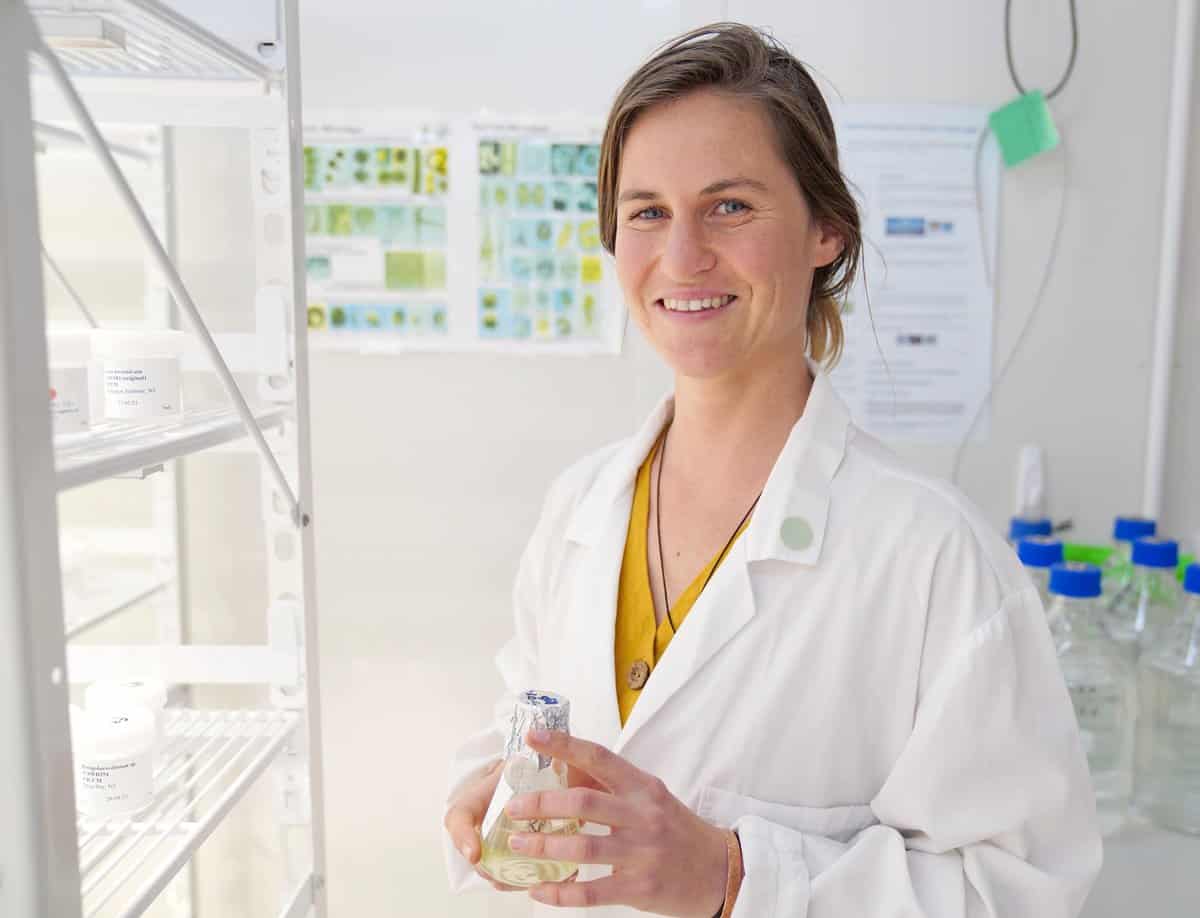Cawthron researcher Jacqui Stuart awarded Antarctica New Zealand Scholarship for phytoplankton research
7 July 2021
Cawthron Institute researcher Jacqui Stuart has been awarded the prestigious Sir Robin Irvine Doctoral Scholarships by Antarctica New Zealand to support her research into phytoplankton.
The award includes $20,000 to support Jacqui’s PhD studies and a research trip to Antarctica in late 2022.
Jacqui told Antarctica New Zealand she is passionate about the key role this microscopic marine algae plays in the food chain.
“Basically, these little guys are the base of the food chain, if something goes wrong with them you’ll get problems with larger species further up, so you have to care about the little guys,” she says.
Her research focuses on a specific species of dinoflagellate from the Polarella genus that is present throughout the ocean, from the tropics, to Antarctica.
She will be using new molecular techniques to examine any key differences in their diversity and distribution caused by their environments.
“This dinoflagellate, which is a type of phytoplankton, is really hardy as it survives in sea ice, but it also thrives in very different climates including in New Zealand waters and the tropics.”
“One of the most important uses of this data will be modelling and predicting how climate change might impact other species of phytoplankton.”
“If we can see differences in the same species of dinoflagellate based on whether they’re found in warm tropical waters or freezing Antarctic sea ice, we might be able to predict how warming waters are likely to impact other species of dinoflagellate.”
Jacqui is conducting her PhD research at Cawthron Institute with the support of supervisors Dr Kirsty Smith (Cawthron) and Professor Ken Ryan (VUW).

Photo: Cawthron Institute – Jacqui Stuart says microscopic marine algae play a critical role in ocean health. “Basically, these little guys are the base of the food chain, if something goes wrong with them you’ll get problems with larger species further up, so you have to care about the little guys,” she says.